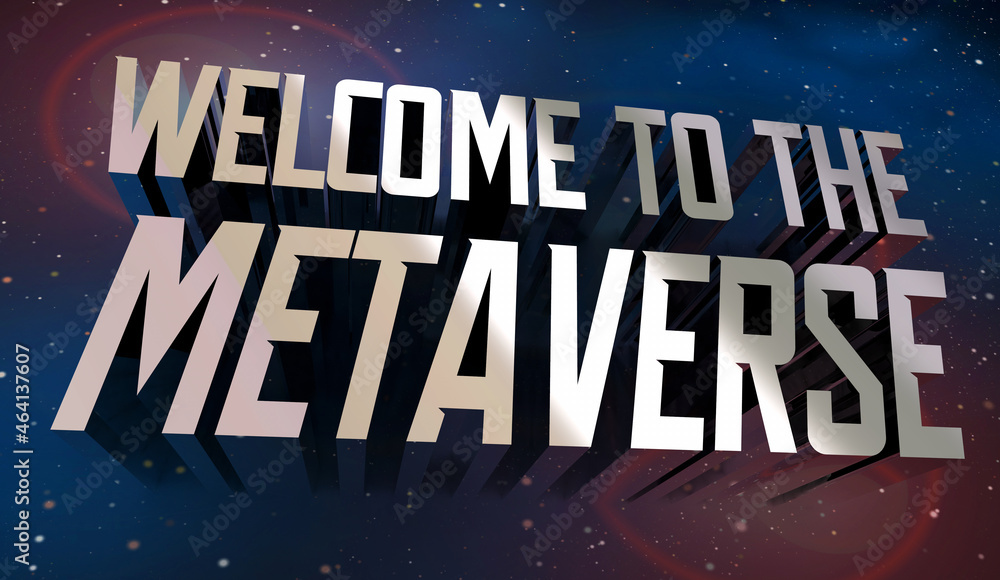There are quite a few people who believe that the latest paradigm shift for the internet is already well underway: the metaverse, they say, is almost here. When companies investing in a space and the media declare a moment, it’s reasonable to take a beat and see whether the reality can live up to the hype. But, if this is the “meta” moment — that is, if it offers something that people really want — it is safe to assume that a lot of companies are wondering what the metaverse really is and whether they should be a part of it. For brands thinking about how to navigate this new frontier, even knowing where to start can be daunting.

The basic idea of the metaverse isn’t complicated. Put simply, the metaverse includes any digital experience on the internet that is persistent, immersive, three-dimensional (3D), and virtual, as in, not happening in the physical world. Metaverse experiences offer us the opportunity to play, work, connect or buy (and just to make things extra fun, the things we buy can be real or virtual). It is also perhaps a misnomer to say “the metaverse” as if it were a monolithic, connected, or even interoperable universe, because it is not. Each entity that creates a virtual world does so with its own access, membership, monetization rights, and formats of creative expression, so the business and technical specifications vary widely. The metaverse refers more to the concept across these individual worlds and experiences and the acknowledgement that we are entering into a more substantive, immersive landscape than ever before.
A handful of businesses are already shaping the landscape, with entertainment and gaming companies leading the way. Major console and PC gaming titles, such as Fortnite, from Epic Games, have normalized playing and socializing with people in virtual settings. Newer gaming platforms, such as Roblox, allow people to create and play across immersive worlds created, and often monetized, by users. Decentraland is an entire 3D virtual world owned by its users, allowing them to create virtual structures — from theme parks to galleries — and then charge users to visit them, all powered by Ethereum blockchain technology. Other companies, such as MetaVRse and Unity, are creating engines to power brand and gaming studios and accelerate development of AR and VR content creation.




